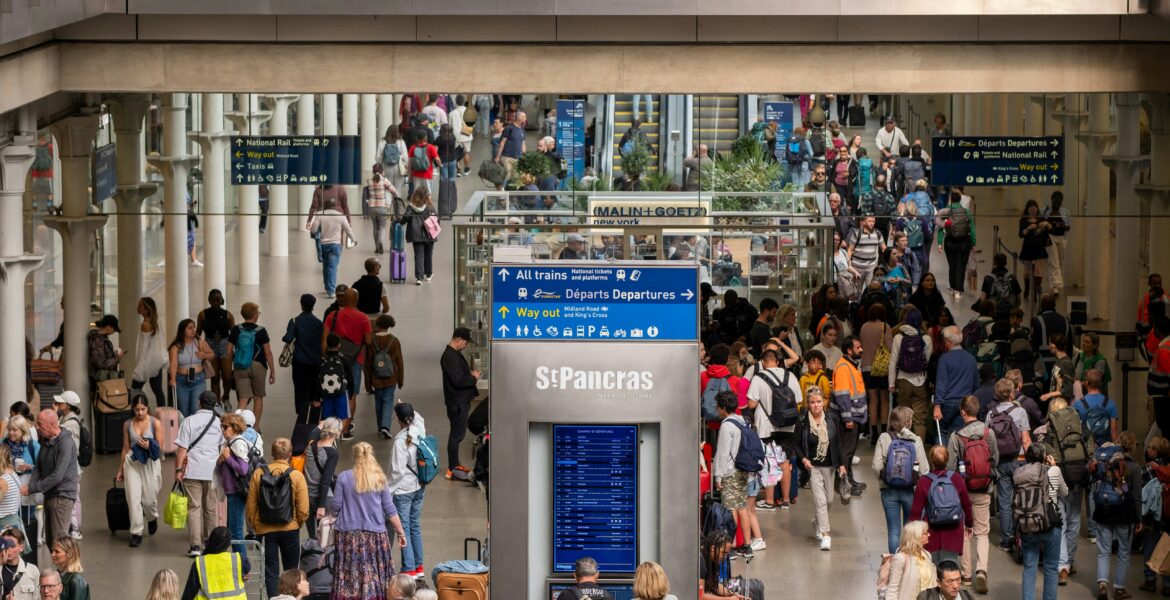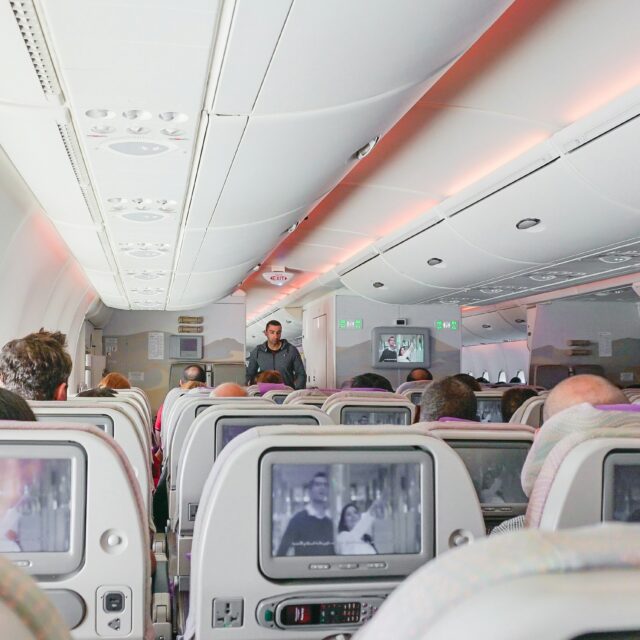Photo by Umair Dingmar on Unsplash
A Railway Erasmus has been mooted as a way of boosting youth mobility across Europe.
This is one of the recommendations outlined by the Skill Training Alliance for the future railway system project.
After four years, the project has delivered its findings, including a long-term Strategy and Action Plan which includes what is called the Rail Sector’s Blueprint for Skills funded by the Erasmus+ programme.
The project was led by the University of Genoa and brought together 31 partners and 17 associate partners from academics, trainers and railway undertakings.
Creating and funding a Railway Erasmus to give students undertaking railway-related studies, apprenticeships or internships in companies an experience to develop both as employees and people is one of the flagship proposals.
The measure, it is said, has the potential, if successful, to act as a world-leading model to solve skill shortages and give young people the best possible chance to grow and succeed.
As many industries and education providers are encountering difficulties in teaching young people the technical and soft skills required to succeed at work, the report recommends that companies apply the 70-20-10 continuous learning principle (70% learning on the job, 20% learning from others, 10% training).
The recommendations outline the need to connect young people with on-the-job training opportunities in different environments across Europe.
Dedicated national rail curriculums in universities and technical colleges where the railway sector partners with existing education providers to assist in creating new institutions that deliver courses and degrees in the rail field – were also outlined as vital to ensure future workers for the sector.
These programmes would be targeted at job seekers who have just graduated from secondary or higher education, as well as other individuals who would like to change jobs or move into the sector. The programmes, co-run with rail sector stakeholders, could be funded through ERASMUS+ or the European Social Fund, it is argued.
The project has also outlined the challenging demographics of the rail sector – an ageing workforce (40-45% of workers are 50+ years old), with an outdated public image impacting how the sector recruits. The report states that the sector is perceived as old-fashioned and male-dominated which could deter potential workers from choosing a career in the rail sector.
Commenting, Angela Di Febbraro, Coordinator and Full Professor of Transportation Engineering at the University of Genoa, told this site, “I hope the rail skills strategy and policy recommendations are implemented through a coordinated effort from the EU, national governments, and the rail sector, based on suitable funding.”
UNIFE Director General Enno Wiebe added, “We have the ability to trial an educational pathway, which if successful, can provide the rail sector and supply industry the blueprint to give young people the best chance to feel confident, learn skills and succeed professionally.”
“Achieving the clean and digital transition hinges on an available workforce to manage the expected increasing demand in rail – which only accounts for 0.4% of Europe’s transport emissions.”




